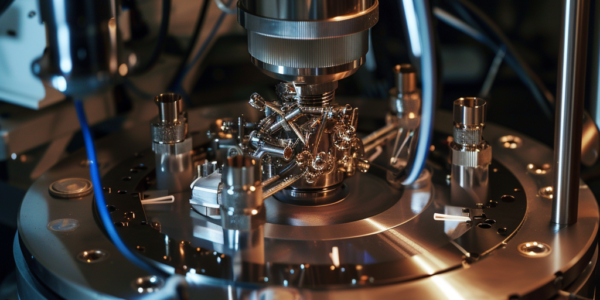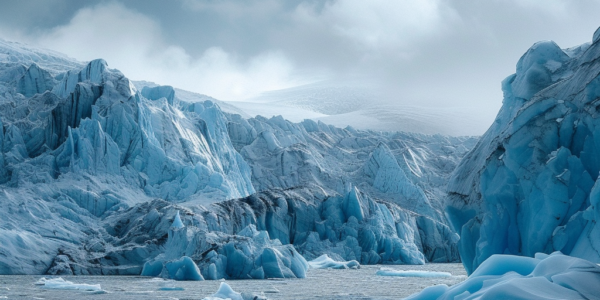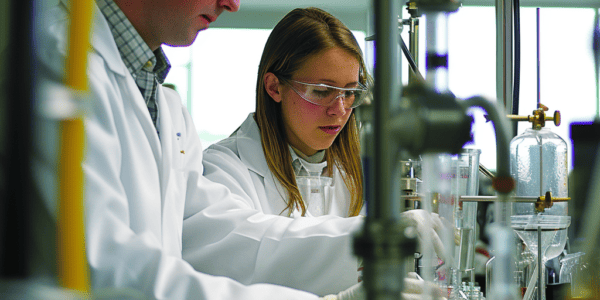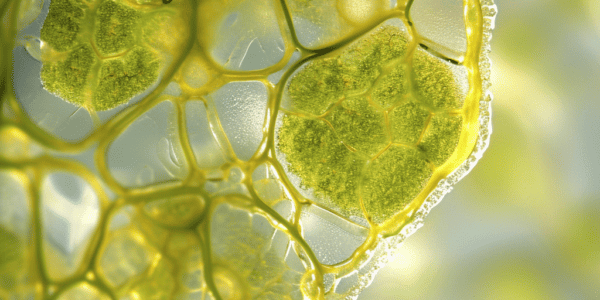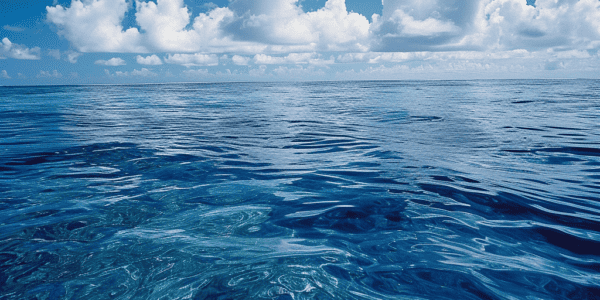New Tech Turns CO2 into Chemicals with 93% Efficiency, Runs Record 5000 Hrs
New tech developed at Huazhong University of Science and Technology in China has achieved a 93% efficiency in turning CO2 into chemicals, running for a record 5000 hours. This breakthrough could revolutionize industrial-scale projects aimed at reducing carbon dioxide in the atmosphere.
Breakthrough in Carbon Dioxide Waste Conversion
McMaster University researchers, in collaboration with experts at Copenhagen’s Danish Technical University, have made a breakthrough in carbon dioxide waste conversion. Their research focuses on an electrochemical process to capture and restructure carbon dioxide into fuel and plastics, offering promise for mitigating air pollution and creating valuable products. The study’s findings have significant implications for the advancement of carbon dioxide conversion technologies and sustainable waste management.
Research Suggests Global Decrease in Carbon Dioxide Emissions Caused Earth’s Longest Ice Age
Recent research from the University of Sydney suggests that Earth’s longest ice age, known as Snowball Earth, may have been caused by a global decrease in carbon dioxide emissions. The study sheds light on the significant influence of geological processes on Earth’s historical climate patterns and offers insights into the impact of human activities on carbon dioxide levels in the atmosphere.
Study Shows Global Warming’s Impact on Forest Carbon Uptake
Forests are considered the most effective and abundantly available carbon sinks, capable of storing and sequestering millions of tonnes of carbon dioxide from the atmosphere. A new study from India joins emerging research that challenges this notion, showing that carbon…
UConn Researchers Explore CO2 Removal for a Healthier Environment
UConn researchers are exploring CO2 removal as a way to foster a healthier environment. As efforts to address the effects of a warming planet ramp up, C02 removal is at the forefront of sustainability. But what happens to that carbon…
Research Reveals Southern Ocean’s Role in Global Oceanic Oxygenation
Recent research published in Science Advances sheds light on the role of the Southern Ocean in controlling global oceanic oxygenation during the last deglaciation. The study, conducted by Yi Wang, Kassandra M. Costa, Wanyi Lu, Sophia K. V. Hines, and…
Scientists Make Groundbreaking Discovery on Confined Microalgal Cell Growth in Photosynthetic Engineered Living Materials
Scientists from TU Delft have made a groundbreaking discovery on how confined microalgal cells can grow optimally in photosynthetic engineered living materials. These microalgae, using light energy, convert CO2 from the air into sugars, energy, and oxygen for their survival….
Groundbreaking Discovery: Bottom Trawling Releases 370 Million Tonnes of CO2 Annually
Scientists have made a groundbreaking discovery about the impact of bottom trawling on the environment. The practice of dragging massive nets along the seabed to catch fish has been found to release a staggering 370 million tonnes of carbon dioxide…
ETH Zurich Researchers Unveil Groundbreaking Light-Based Method for Capturing Greenhouse Gases
This week, researchers at ETH Zurich have unveiled a groundbreaking method for capturing greenhouse gases using light. The new process, developed by a team led by Maria Lukatskaya, professor of electrochemical energy systems, utilizes the differences between dark and light…
Challenging the Misconception of Ocean Carbon Storage
In a recent opinion paper, Dr. Ivy Frenger and her international colleagues have challenged a common misconception in the field of ocean carbon storage. The Biological Carbon Pump (BCP), which plays a vital role in the Earth’s carbon cycle, is…


